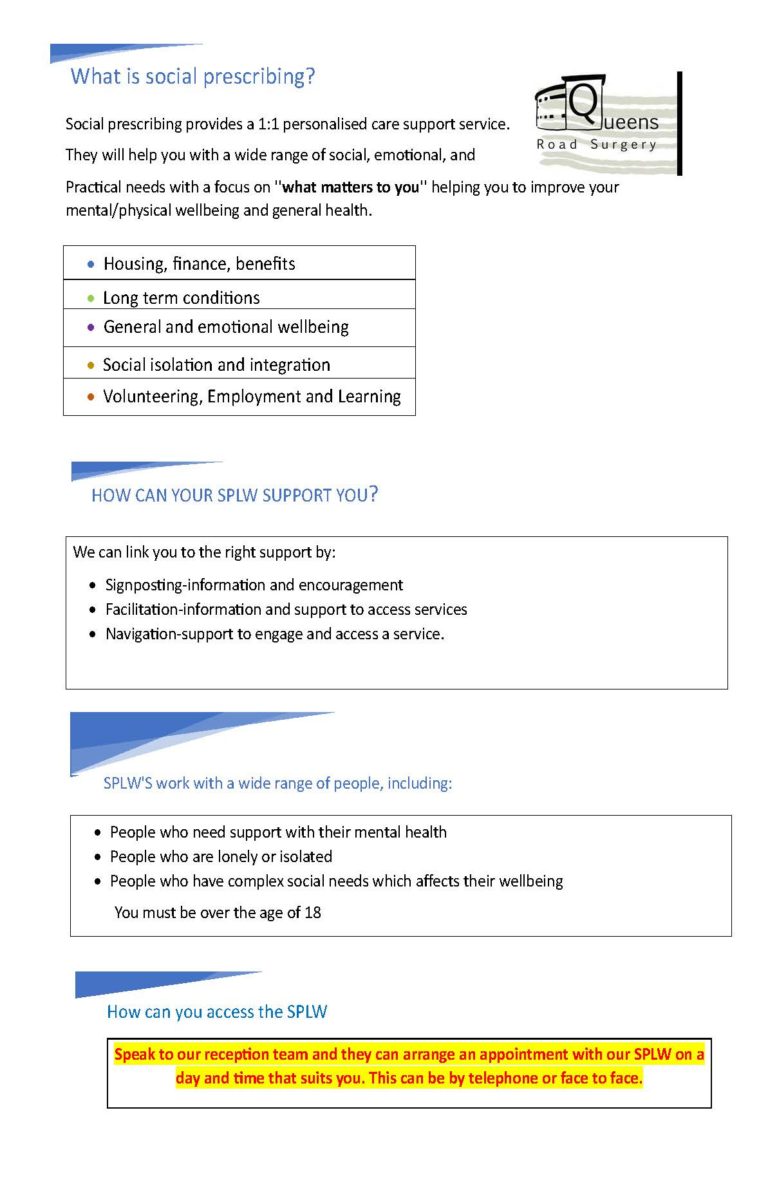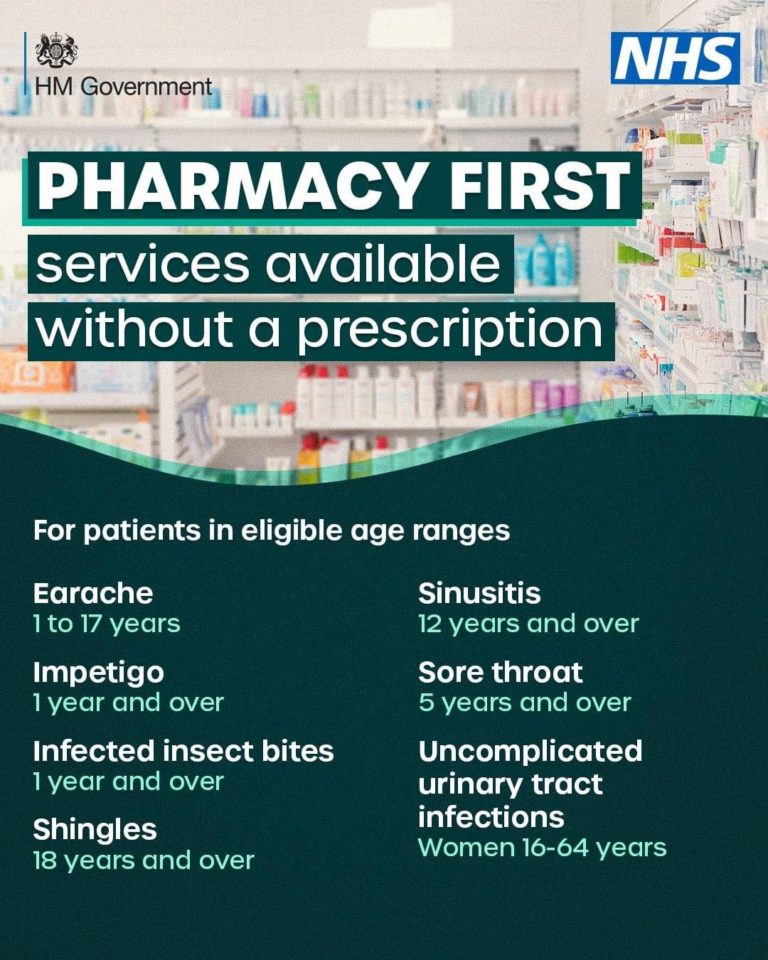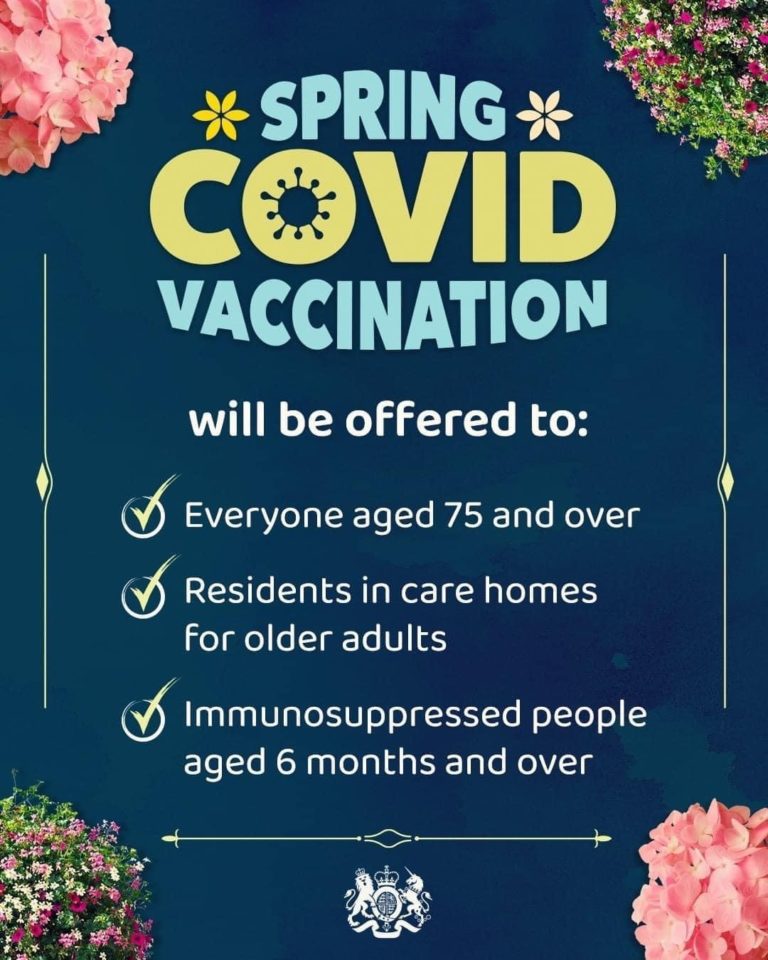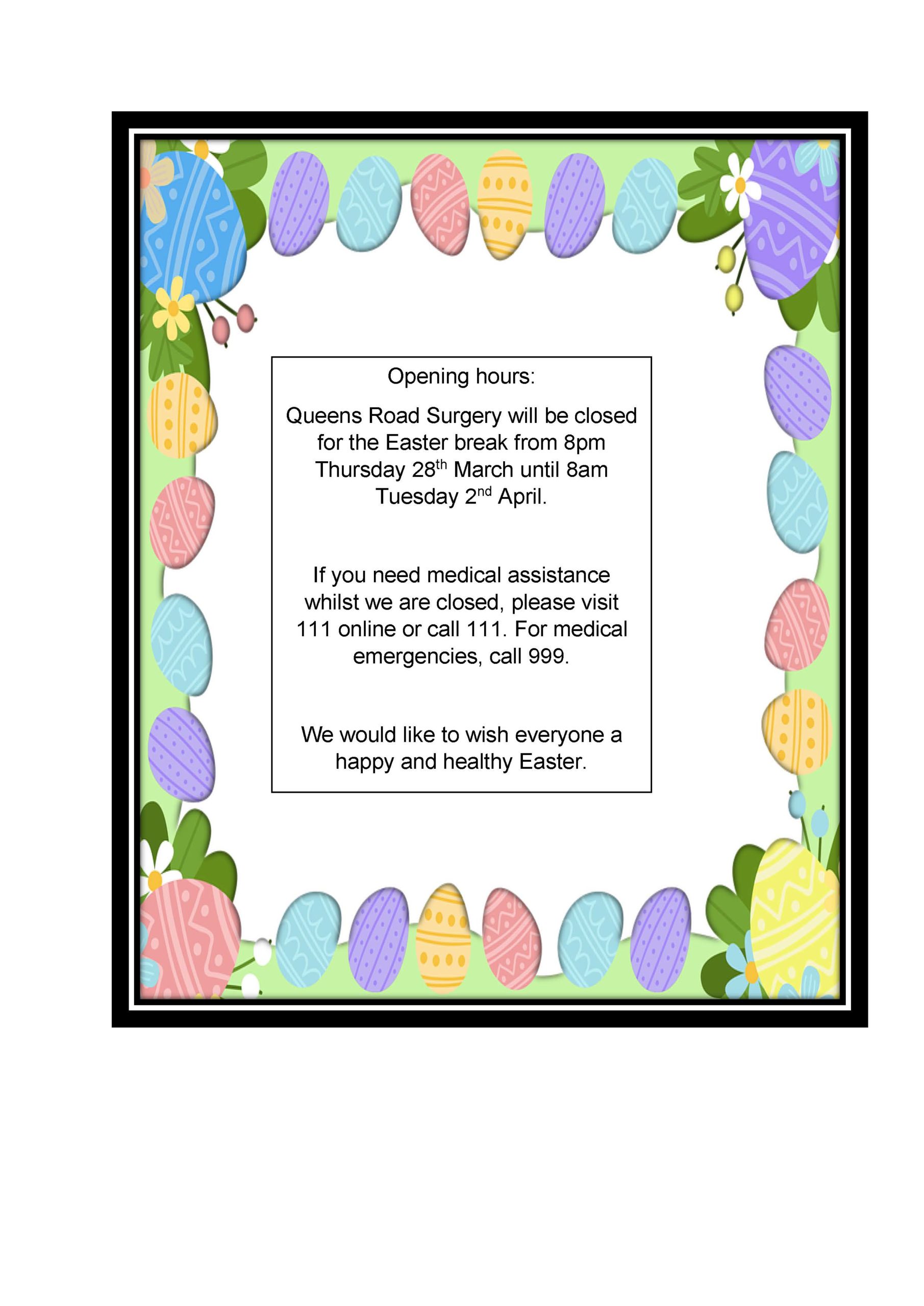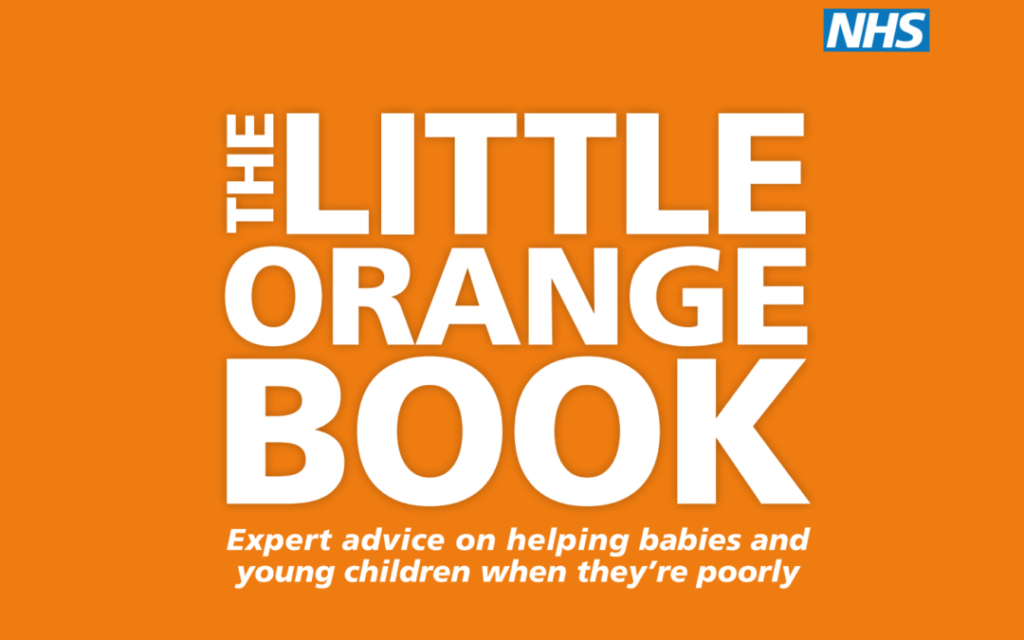Taking your prescription on your flight
If you take regular medication and are planning to go abroad, we recommend following these steps to ensure that you have your prescription for the length of the trip.
Please contact us 2 months before your flight to let us know what medication you may need and how long you are going away for. You may need a letter signed by the GP stating what medication you are on and why you need it. This may come with a charge of £15.
You will also need a copy of your prescription stating the generic name of your medication. This is due to medications having different brand names and therefore you will need to know the name that is carried across all countries.
Carry your medication in labelled packaging. NHS guidelines advice that you carry the majority in your hand luggage in a seperate easily accessible bag and then some spare in your suitcase luggage in case of loss or damages.
If you are travelling with liquid medicines over 100mls, contact the airline and airports you are travelling through. This also includes medications such as inhalers. You may need a document to prove the liquid form of the medication is necessary. Carrying over 100mls can sometimes mean this medication needs to be screened seperately to your luggage. Inform security before your X-Ray that you have liquid medication with you.
If you need to travel with needles or syringes you will need to carry the relevant medication alongside the equipment. You will not be able to travel with needles and syringes only.
If you are travelling to a warm country, get advice from the pharmacy on how to store your medication or see the NHS website's advice for storing your medications.
The country you are travelling to may have restrictions on the medications that they allow into the country. You will want to contact the embassy of the country you are travelling to in order to confirm the regulations. If any medications you are taking are controlled drugs then you will need to contact the relevant embassy before you travel.
Use of Benzodiazepines (and related medications) for flying
Diazepam in the UK is a Class C/Schedule IV controlled drug. The following short guide outlines the issues surrounding its use with regards to flying and why the surgery no longer prescribes such medications for this purpose.
People often come to us requesting the doctor or nurse to prescribe diazepam for fear of flying or assist with sleep during flights. Diazepam is a sedative, which means it makes you sleepy and more relaxed. There are a number of very good reasons why prescribing this drug is not recommended.
According to the prescribing guidelines doctors follow (British National Formulary) diazepam is contraindicated (not allowed) for treating phobias (fears). It also states that “the use of benzodiazepines to treat short-term ‘mild’ anxiety is inappropriate.” Your doctor would be taking a significant legal risk by prescribing against these guidelines. They are only licensed short term for a crisis in generalised anxiety. If this is the case, you should be getting proper care and support for your mental health and not going on a flight. Fear of flying in isolation is not a generalised anxiety disorder.
Although plane emergencies are a rare occurrence there are concerns about reduced awareness and reaction times for patients taking Diazepam which could pose a significant risk to themselves and others due to not being able to react in a manner which could save their life in the event of an emergency on board necessitating evacuation.
The use of such sedative drugs can make you fall asleep, however when you do sleep it is an unnatural non-REM sleep. This means you won’t move around as much as during natural sleep. This can cause you to be at an increased risk of developing a blood clot (Deep Vein Thrombosis - DVT) in the leg or even the lungs. Blood clots are very dangerous and can even prove fatal. This risk is even greater if your flight is greater than 4 hours, the amount of time which has been shown to increase the risk of developing DVT whether in an aeroplane or elsewhere.
Whilst most people find Diazepam sedating, a small number have paradoxical agitation and aggression. They can also cause disinhibition and lead you to behave in a way that you would not normally which can pose a risk on the plane. This could impact on your safety as well as that of other passengers and could also get you into trouble with the law. A similar effect can be seen with alcohol, which has led to people being removed from flights.
Diazepam and similar controlled drugs are illegal in a number of countries. They may be confiscated or you may find yourself in trouble with the police. The passenger may also need to use a different strategy for the homeward bound journey and/or other legs of the journey
It is important to declare all medical conditions and medications you take to your travel insurer. If not, there is a risk of nullifying any insurance policy you may have.
Given the above we will no longer be providing Diazepam or similar drugs for flight anxiety and instead suggest the below aviation industry recommended flight anxiety courses.
Flight anxiety does not come under the remit of General Medical Services as defined in the GP contract and so we are not obliged to prescribe for this. Patients who still wish to take benzodiazepines for flight anxiety are advised to consult with a private GP.
For further information:
https://thefearofflying.com/programs/fly-and-be-calm/
https://www.fearlessflyer.easyjet.com/
https://www.britishairways.com/en-gb/information/travel-assistance/flying-with-confidence
https://www.flyingwithoutfear.com/

